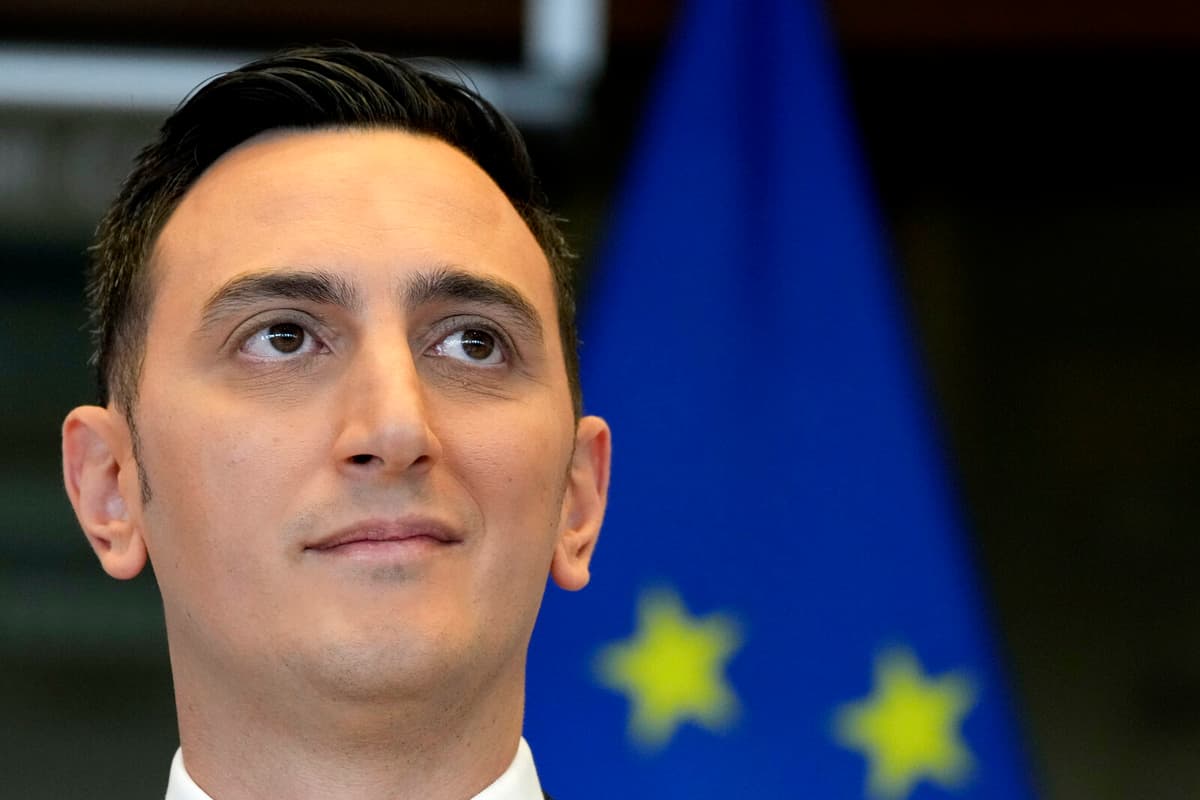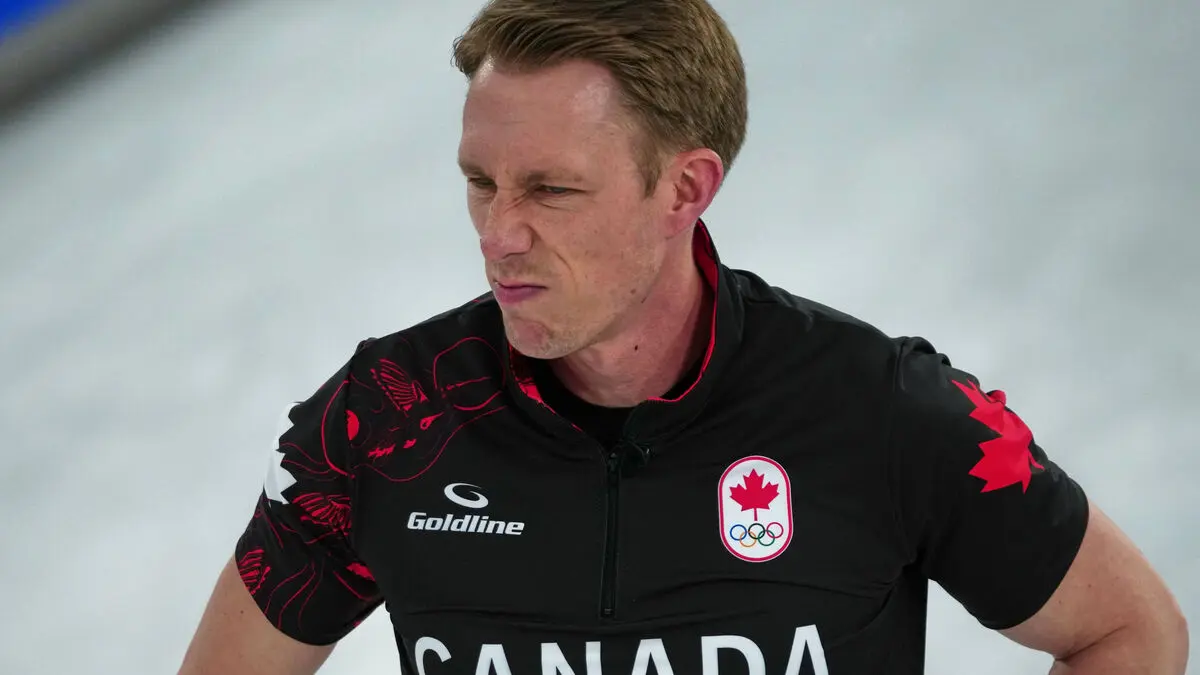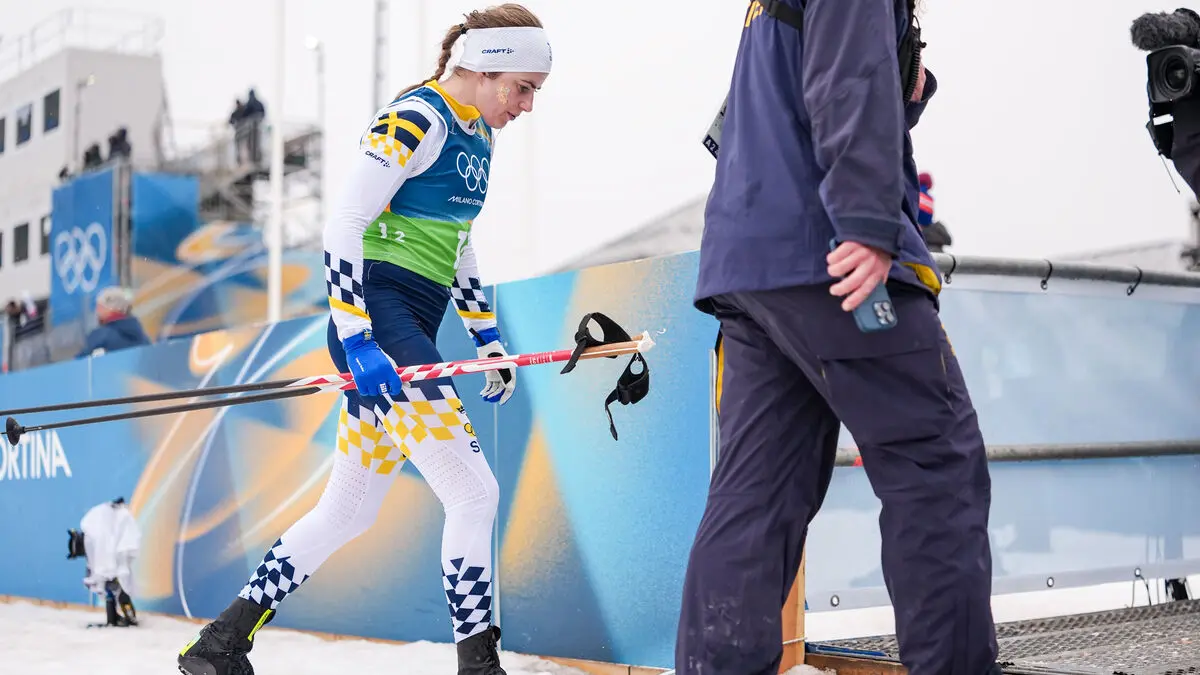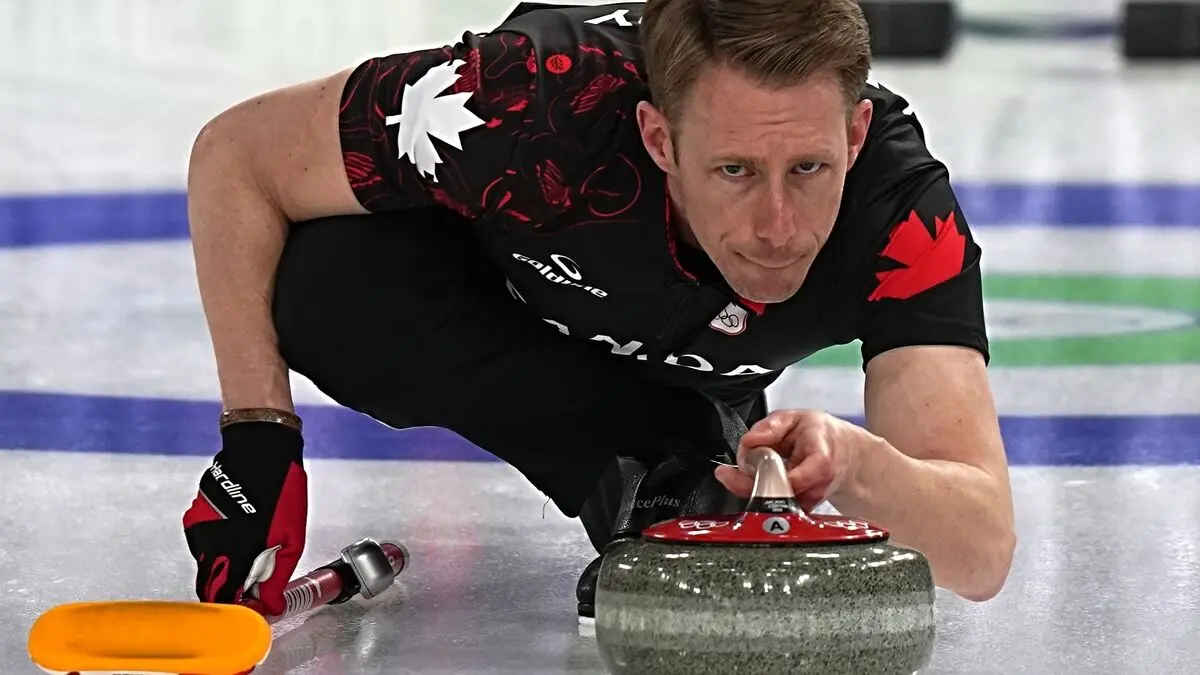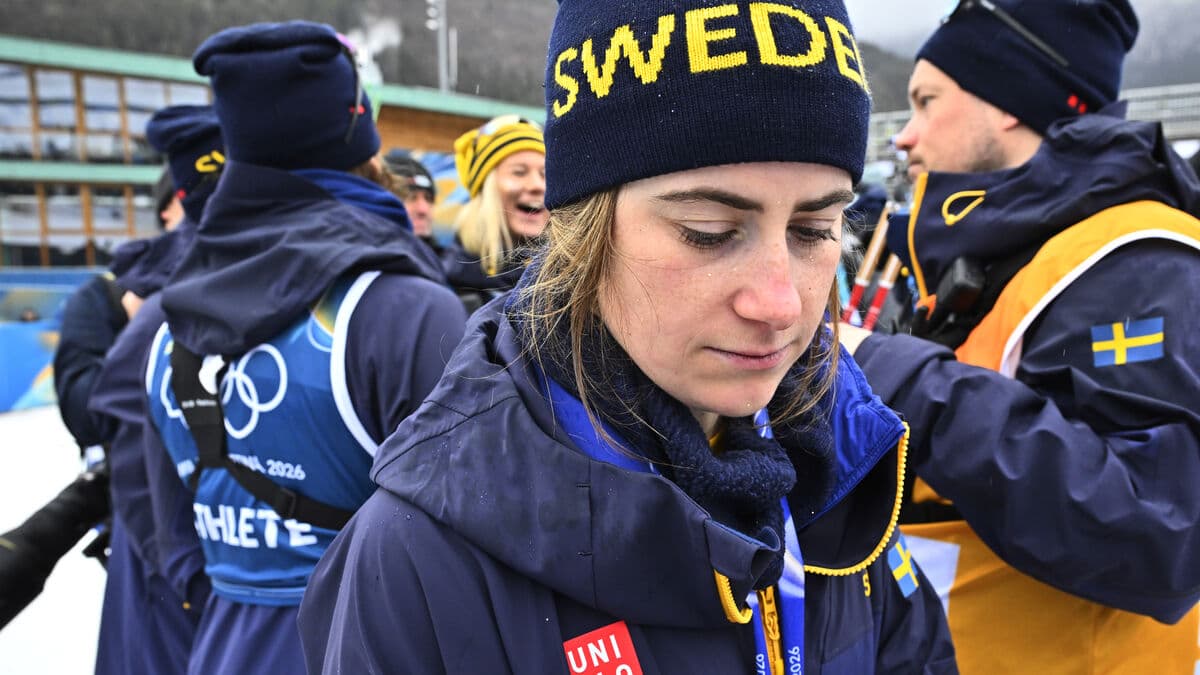Slovak Maros Sefcovic has been sitting in the EU Commission since 2009, but still gets to let himself be questioned by EU Parliament members when he now loads up for another five years on the job.
This time, it's intended that Sefcovic will primarily be responsible for trade.
I will focus on opening new markets, by completing ongoing trade negotiations so that EU companies can grow, he promised in his opening speech before the EU Parliament's trade committee on Monday afternoon.
Young Maltese
The 58-year-old Slovak veteran was questioned in parallel with the intended commission's youngest newcomer: 35-year-old Maltese Glenn Micallef, who got culture, youth, and sports issues on his plate.
According to leaked information to the Italian news agency Ansa and the news site Politico Europe, both Sefcovic and Micallef have been approved by their committees. No official announcements have been made yet.
The hearings in the EU Parliament are to assess whether the commissioners are mature and knowledgeable enough for their tasks. Tough questions await, but also a political game when the different party groups try to help or hinder commissioners from just their political families.
Questioning of Roswall
Traditionally, a few individuals are rejected and replaced during the hearings. Whether it will be the same this year is uncertain. Commission President Ursula von der Leyen wants to get her new lineup started as soon as possible and would rather avoid the process dragging on until the beginning of 2025.
From Sweden, former EU Minister Jessika Roswall (The Moderate Party) has been nominated to the new commission, responsible for environment and water resilience. The questioning of her takes place on Tuesday evening.
Wiktor Nummelin/TT
Facts: This is how the commissioners are questioned
TTTT
Here is the schedule for the EU Parliament's hearings:
November 4: Maros Sefcovic (Slovakia, trade), Glenn Micallef (Malta, culture and education), Christophe Hansen (Luxembourg, agriculture), and Apostolos Tzitzikostas (Greece, transport)
November 5: Michael McGrath (Ireland, democracy), Ekaterina Zacharjeva (Bulgaria, research), Dan Jørgensen (Denmark, energy), Dubravka Suica (Croatia, Mediterranean issues), Jessika Roswall (Sweden, environment), and Magnus Brunner (Austria, home affairs)
November 6: Hadja Lahbib (Belgium, crisis management), Maria Luís Albuquerque (Portugal, financial market), Costas Kadis (Cyprus, fisheries), Jozef Síkela (Czech Republic, international partnerships), Andrius Kubilius (Lithuania, defense), and Olivér Várhelyi (Hungary, health)
November 7: Wopke Hoekstra (Netherlands, climate), Marta Kos (Slovenia, expansion), Piotr Serafin (Poland, budget), and Valdis Dombrovskis (Latvia, economy)
November 11: Raphaele Fitto (Italy, regional issues), Kaja Kallas (Estonia, foreign affairs), Roxana Minzatu (Romania, labor market), Stephane Séjourné (France, industry), Teresa Ribera (Spain, transformation and competitiveness), and Henna Virkkunen (Finland, digital issues)

